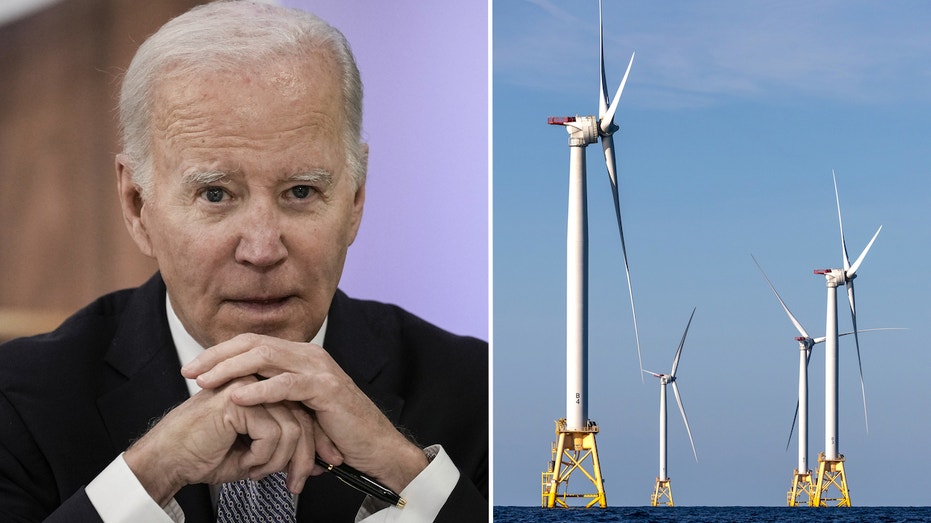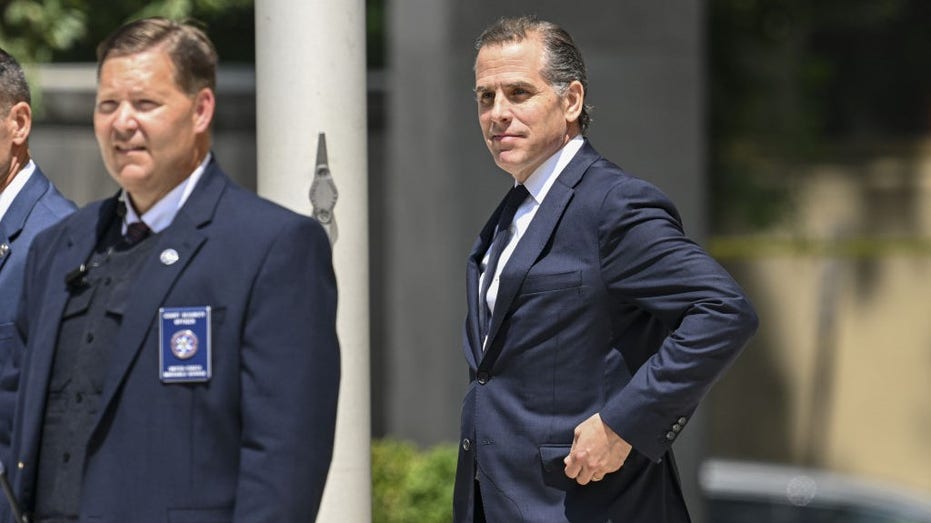A group of fishing associations is sounding the alarm about new plans from the Biden administration to industrialize the Gulf of Maine by leasing 2 million acres of area for wind farm construction, a move that fishermen say will be detrimental to their business and marine life.
Last week, the Bureau of Ocean Energy Management (BOEM), an agency within the Department of Interior, announced the finalization of what is known as a wind energy area (WEA), which is an area of the ocean that would allot for construction of enough wind turbines to produce 32 gigawatts (GW) of energy.
The agency boasted that, in support of the Biden administration’s goals for deploying 30 GW of offshore wind energy capacity by 2030 and 15 GW of floating offshore wind energy capacity by 2035, the Gulf of Maine WEA surpasses the current state goals for offshore wind energy in the Gulf of Maine, which is 10 GW for Massachusetts and 3 GW for Maine.
But a coalition of 17 fishing associations say the move is “the culmination of a rushed development process that is poorly informed on economic, scientific, environmental and cultural issues of paramount importance.”
HOW MAINE LOBSTERMEN TURNED ‘SLAP IN THE FACE’ FROM WHITE HOUSE INTO POLICY VICTORY
The groups, which include the New England Fishermen’s Stewardship Association (NEFSA) and Responsible Offshore Development Alliance (RODA) said “serious questions” remain about how offshore wind activity is connected to spikes in whale mortality throughout the Atlantic Ocean.
One large portion of the WEA is frequented by the endangered North Atlantic right whale, the groups said. Leasing the area to wind farming “is flatly inconsistent with a policy of endangered species protection.”
Historically, the federal government has in some ways hamstrung the fishing industry by attempting to sharply limit fishing capabilities for fear of endangered marine species, despite no data to support the notion that the industry is a danger to those species.
“Fishermen are disheartened that the WEA designation favors foreign energy developers over marine mammal protection. This preferential treatment is in stark contrast to the federal government’s aggressive campaign to burden commercial fishing needlessly with crushing restrictions to protect whales,” the groups said.
They also said the WEA would permanently displace fleets in the prime groundfishing territory.
MAINE LOBSTERMEN CATCH BIG COURT VICTORY AGAINST BIDEN ADMINISTRATION’S ‘EGREGIOUS’ REGULATIONS
“The Gulf of Maine WEA was finalized at a breakneck pace without adequate consideration of interactions with fisheries and long-term environmental impacts,” they said, adding that many questions remain unanswered.
“Research such as that envisioned through the Gulf of Maine research array to study wind-marine environment interactions and identify strategies to avoid and reduce impacts from commercial scale offshore wind development has not been conducted,” they said.
“Nor has sufficient time been set aside to follow best practices in ocean modeling, which should include significantly greater transparency and meaningful partnerships with fishermen as longstanding ocean stewards who hold generations of important ecological knowledge.”
In an interview with Fox News Digital, Dustin Delano, chief operating officer at NEFSA, said that since an offshore wind farm of this size is unprecedented, the government should at least wait until current small-scale test projects yield more data – a timeline of just a few months.
“It’s possible that the commercial leasing process could follow that research project by just a few months’ time,” Delano said. “There could be commercial-scale development going on just south of there without even waiting to see what the environmental impacts are.”
“That’s just so incredibly irresponsible,” he said.
“We have one Gulf of Maine, we have one chance at this, one shot at this. As soon as you go in there and destroy things. It’s destroyed for good,” he added.
BIDEN ADMINISTRATION BLASTED FOR ‘HYPOCRISY’ ON OFFSHORE WIND AS IT SCRAMBLES TO PROBE WHALE DEATHS
Annie Hawkins of RODA told Fox News Digital that at up to 32 gigawatts, the energy that BOEM predicts the WEA can generate “far and away exceeds both demand from adjoining states and requests from wind industry groups.”
Typically, the government will finalize a WEA for a designated project that an energy company will bid to build. But in this case, Hawkins speculates that the unprecedented size of the WEA indicates that the government will have a freewheeling ability to green-light wind projects with little scrutiny.
“The finality of WEA designation appears to give BOEM maximum freedom of movement to approve future leases from within this huge area with a minimum of further review,” she said.
“The highest level of scrutiny is particularly needed, given the expected use of new floating turbine technology, which is still under design and carries entirely unknown environmental impact,” she said, adding that the agency has the opportunity to “clarify these points” after the upcoming notice and comment period.
In a statement to Fox News Digital, BOEM said that the final WEA establishes the boundaries to inform BOEM’s initial environmental assessment under NEPA on potential site characterization and assessment activities.
“BOEM does not intend to lease the entire Final WEA, rather, BOEM will now consider proposed lease area(s) from within the Final WEA that would later be issued for public comment in a Proposed Sale Notice,” the agency said. “The size of the Final WEA will allow BOEM to consider areas for additional deconfliction, while also supporting the region’s renewable energy goals and the potential for multiple lease sales, as BOEM continues to evaluate a phased leasing approach.”
BOEM noted that the WEA was finalized “after extensive engagement with lobster fishermen in fishing communities” and avoids certain restricted areas that the National Marine Fisheries Service identified.
The bureau also said that from initial conversations with tribal nations located within Maine, the recommended final WEA also likely avoids a majority of historical and present fishing grounds of those tribes.
“BOEM will continue to consult with all Tribal Nations and ocean users with an interest in the region to understand their concerns with potential offshore wind development, including viewshed and transmission impacts, and strive to minimize potential conflicts,” the agency said.


